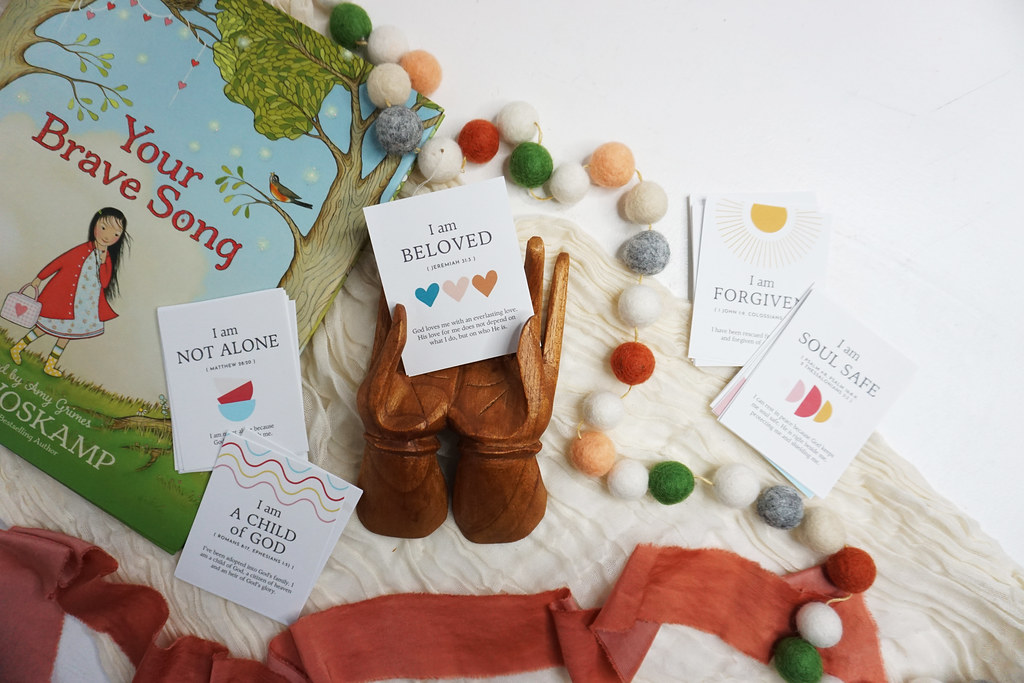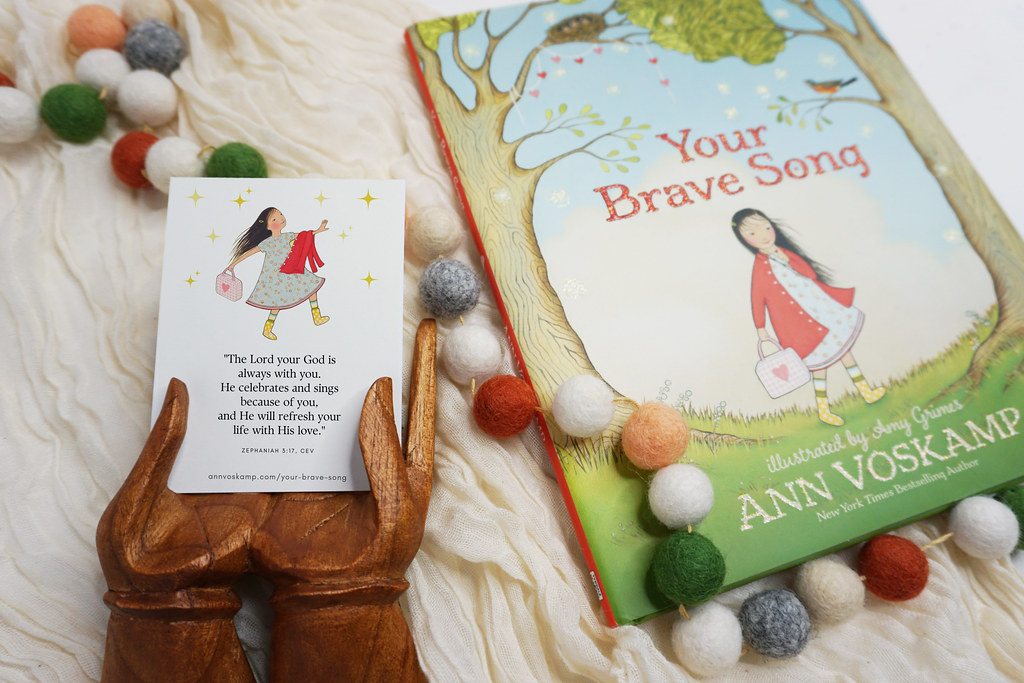I wouldn’t know until afterward, when I came to in the recovery room, that the projected hour long surgery had ended up morphing into 3.
Humbly realize you can always end up being the unexpected anomaly. Unlikely odds can like coming after you as well as anyone else.
All I know is that just before, while I wait in my flimsy hospital gown under a thin sheet in pre-op on the last Friday in January, I am laughing and small-talking with the Farmer holding my hand, trying to distract from remembering what had happened last time.
Because the last time I’d rolled under the blinding white lights of the operating theatre for what was blithely billed as a 20 minute standard procedure, a uterine ablation — had kinda wildly ended up leaving me hacking up a lung because of unexpected double pneumonia due to the fact that, even more wildly, I had unexpectedly ended up in heart failure.
So, suffice to say, I’m feeling none too confident about rolling in under any knife again, but this is what I’m pretty sure of: Humbly realize you can always end up being the unexpected anomaly. Unlikely odds can like coming after you as well as anyone else.





But just as I’m responding to a kind friend’s inquiring text asking how I’m feeling about the clock counting down to rolling me into the OR — another text pops up. With a photo.
From our dear daughter-in-law, her and Shiloh standing outside right then, both smiling a mile wide on a late January afternoon up here in our great white north — after they had snapped a picture of an unexpected full rainbow arching right over their heads.
And I exhale with the unexpected grace of it all:
Expect the promises of God to hold you secure no matter the unexpected problems.
Expect the promises of God to hold you secure no matter the unexpected problems.
After the Farmer kisses my forehead goodbye, after I sign the final consents and am rolled in under the lights, I hear the anesthesiologist ask the surgeon what the chances are that the surgery will be laparoscopic and the surgeon says about a 50/50….and then the mask goes over my face.
And the memory of singing those words to our crying little girl as she went under … comforts me as I go under.




When I come to in the recovery nearly 4 hrs later, my teeth are chattering with the expected post-anaesthetic hypothermia, all I can see everywhere – hilariously, but maybe to be expected from one ridiculous amateur shepherdess -– is sheep, sheep and more sheep.
And all I want is more and more blankets, and after decades of complicated issues that I’d tried to keep navigating – the organ that had arguably most changed my life – my uterus – is gone.
I’m not exactly sure how I expected to feel after losing an organ…. after losing this organ.
Identity is neither forged, fabricated, forfeited, nor forced out of a body, or forced upon a body – identity is favor received.
I hadn’t expected to feel much of anything, honestly – I hadn’t wanted to discuss it,or share it, or even really acknowledge it, a whole undertaking that I finally just had to acquiesce to after I had run out of options. And honestly, marking this milestone in any way feels deeply complicated.
Women have a myriad of complicated perspectives and relationships with their uteruses, society has a myriad of perspectives and contentious views around uteruses, and I personally had my own tender conflicting relationship around my own.
And maybe — uteruses are not discussed in polite company. Maybe the medical state of a reproductive organ isn’t a conversation that should be reproduced outside of a doctor’s office — and yet, a uterus is no small thing in this very real thing of identifying what it means to be a woman. And ultimately, it matters to me, to be a woman, to see women the way Jesus sees women, to never be part of the erasure of women, to speak the profound value of being a woman.
And yes, it’s deeply tender and nuanced and complicated, and that female process around production of eggs and gestation of humans is broken and fraught with all kinds of shattering heartbreak in a broken world — and, at the same time, it still is true that a uterus plays no small part when it comes to what it means to be woman, “one who is an adult human being who, at birth, was believed to have the ability to get pregnant after puberty.”
While it felt like my uterus had betrayed us and failed to carry one of our babies, while it has haemorrhaged for decades too long, while it has been the catalyst that had tipped me over into a dangerous anemia, that led to a heart murmur, that then, through a cascading series of events, into literal heart failure – my uterus too has been the first home for six of our children.
How could I not feel something — even if unexpected — when I lost it?
I reflected on it again, that first night in the hospital after the removal of my uterus: It’s the heart that pulses blood through the female body. And it’s the uterus that’s made to release blood from the female body. The chambers of a heart beats with life. And every new life had its first home within the chambers of a uterus.
In all kinds of ways: A uterus is the shadow of a woman’s heart.
And in all kinds of ways: A broken uterus can break a woman’s tender heart.
The doctor comes in the next morning to check on me, explains the complications that unexpectedly extended the surgery, and what had to be removed and why. He outlines how long for bed rest, what the 6-8 week recovery process entails, what has to heal and how long that takes.
When I’m home, slowly recuperating, when I’m up through the nights, I think of all the people battling deep pain that can’t be cut away or removed, babies and tender mamas fighting for real relief in all kinds of ways, all those who can’t find sleep for tender loss and scarring grief and stories with so many question marks, and every weary one who faces each new sunrise with no real cure. And this is a holy, unexpected gift to enter even a bit more into the sufferings of the world, and of Jesus, who comes to suffer with us in this world.
To love is to suffer — and to personally suffer deeply, is to love others far more deeply.
As Jürgen Moltmann writes, “…when we feel pain we participate in (God’s) pain, and when we grieve we share his grief… People who believe in the God who suffers with us, recognize their suffering in God… and God in their suffering” …. and God in all the suffering of the world.
When our suffering unexpectedly opens the door wider for us to enter in and more deeply identify with the sufferings of Christ, we end up identifying more with every one who’s suffering and hurting and holding all kinds of unspoken broken.
To love is to suffer — and to personally suffer deeply, is to love others far more deeply.



The first 5 days post-op are a bit rough.
When I can manage to focus while laying there in bed, I reach for my books that are part of the required reading list for my doctorate of ministry in spiritual formation and soul care program that I’ve just begun at Biola University, because as long as we’re still breathing, we’re made to still be growing…
I read with a pen, marking what’s stretching and expanding me, and, in my recuperating from removing an organ that tenderly part of my identity as a woman, I stop at this unexpected line in this doctoral read about spiritual growth:
“My colleague, Calvin Turley used to say that pathology was either was the result of, or a case of, mistaken identity.”
Which is to say: Our most vexing problems are a function of mistaken identity.
Our most vexing problems are a function of mistaken identity.
I lay the book aside, but I think about this for days:
What is identity and how is mistaken identity a function of clear pathology? Do we risk a case of mistaken identity when our fallible minds try to create our own identities? What has made my identity as a woman, and who am I when a vital part – an actual organ – that has shaped and formed my identity, has been removed because of a pathology of its own?
It’s sometime after day 8 post-op, when I tenderly start moving more around the house, when migrate from our bed and more to the couch and my stack of course readings, that I underline words on the page that the theologian Merton wrote: “Our true self is a received self…. We are fulfilled by an identity that is… received.”
These words are a gift.
I receive.
Identity is given, not generated. Identity is embraced, not earned.
Identity is neither forged, fabricated, forfeited, nor forced out of a body, or forced upon a body – identity is favor received.
I can still hear how Timothy Keller would profoundly say: “Your identity is received, not achieved.
Identity is given, not generated. Identity is embraced, not earned.
Identity is one inheritance that can’t be lost. It is only by losing ourself in the truly expansive love of God, that we find our truest identity. Only genuine intimacy with God can give us genuine identity in life. Intimately knowing who we are – only happens when we intimately know God.
Intimately knowing who we are – only happens when we intimately know God. A relationship with God precedes having any relationship with who we really are. .
There is no knowing of the self apart from the knowing of God.
A relationship with God precedes having any relationship with who we really are.
It’s a profound paradox: Only when we are hidden in Christ, can we find our truest selves.
Belovedness is our identity because we are made by Love, for Love.
As I tenderly navigate these weeks of slow recovering from surgery, from the removal of an organ that could arguably be deeply integral to my identity, I keep up my readings for my doctorate in ministry in spiritual formation, and I keep returning to the form and shape of who I truly am, the reality that identity is found in relationship with Christ, and I keep covering myself in Christ, and who I am in Christ. Maybe this needful surgery is healing me in the most unexpected needful ways?
Maybe what really morphed is more than just the length of a surgery, but the expanse of a soul, this transforming into the self’s realest identity?



What would change about how you see your own identity, if you knew that when God sees you, He only looks on you with love?
Maybe after losing an organ and gently recovering, everything is stripped down to the question of existence that is at essence:
What would change about how you see your own identity, if you knew that when God sees you, He only looks on you with love?
As I can’t lift anything for 6 weeks, I thank the Farmer every morning when he winks and tells me that he loves me so much that he keeps feeding my sheep.
I laugh easy and wink back, and keep learning to rest in my truest, unwavering identity:
The beloved of God.

Click here and simply add your email to join our email community, AND you’ll immediately enter into an huge, amazing library of completely free resources— INCLUDING this FREE helpful pack of “Identity in Christ” cards to keep close each day. Print, put around the house, share with your people & be transformed!

The refrain of this book has held Shiloh and I on some of our hardest days… because the simplest of truths, told through the sweetest of songs, can change the world… and us.
Which is exactly the refrain of our very first children’s book Your Brave Song!
We all need a sure song,
a courage song,
a song that assures that our our bravery doesn’t come from inside of us,
it comes from knowing you’re loved by the One who created love and is Love Himself.
Your Brave Song includes:
❤ A page to attach your child’s picture that makes this a uniquely personalized kids’ book
❤ Exquisite hand painted, acrylic artwork by illustrator Amy Grimes
❤ Inspirational prose about finding your security and identity in Christ
❤ A rhyming song that kids can memorize easily so that they can return to its truth every day




